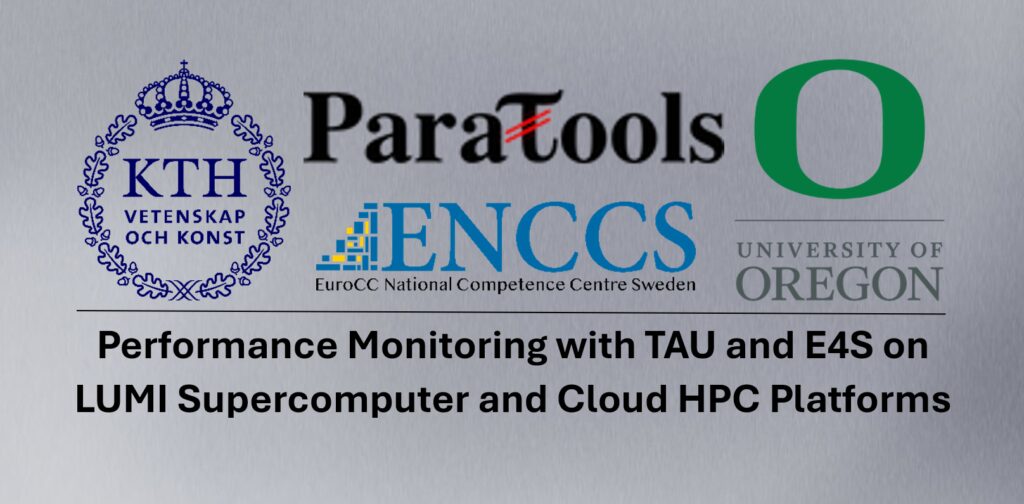
- This event has passed.
GPU programming using Python – A practical intro webinar
24 Oct 2024 • 12:00 – 13:30 CEST
Registrations are closed for this event.

About the webinar
In the past decade, Graphics Processing Units (GPUs) have ignited the dynamic evolution of data science. But GPUs can do a lot more than machine learning – these powerful devices can accelerate and massively parallelise any general-purpose computational load in domains involving big data and heavy number crunching. You can use the GPU in your personal computer, or scale up your application to run on a supercomputer. How can you get started?
In this webinar, we focus on GPU-accelerated computing with Python, one of the most popular programming languages for science, engineering, data analytics, and deep learning applications. Starting from familiar Python libraries such as Numpy and Pandas, we will guide you step-by-step into the world of GPU programming. Discover how to harness the power of GPU accelerators using libraries such as CuPy, cuDF, PyCUDA, Jax, and Numba, with a focus on their unique features and capabilities for high-performance computing.
Who is the webinar for?
The GPU programming using Python webinar is for data scientists, software developers and researchers who want to start using GPUs to accelerate their computational workflows.
Key takeaways
After attending this seminar, you will be able to:
- get started with GPUs in Python using high-level libraries
- familiarise yourself with the multiple vendors that compete with different software stacks, toolkits, and frameworks
- make informed decisions about your GPU workflows
Lesson material
The ENCCS Practical Intro webinar series aims to provide concise and condensed introductions to key topics in high-performance computing and related technologies. Webinar materials such as notebooks and code examples are available online on Github.
For more thorough tutorials and self-study materials, please visit the library of ENCCS lessons here.
Speakers
- Ashwin V. Mohanan (RISE/ENCCS)
- Yonglei (LiU/ENCCS)
Registration
Register by visiting this link https://events.prace-ri.eu/event/1576/registrations/1138/
Restrictions
Due to EuroCC2 regulations, we CAN NOT ACCEPT generic or private email addresses. Please use your official university or company email address for registration.
This training is intended for users established in the European Union or a country associated with Horizon 2020. You can read more about the countries associated with Horizon2020 here https://ec.europa.eu/info/research-and-innovation/statistics/framework-programme-facts-and-figures/horizon-2020-country-profiles_e










